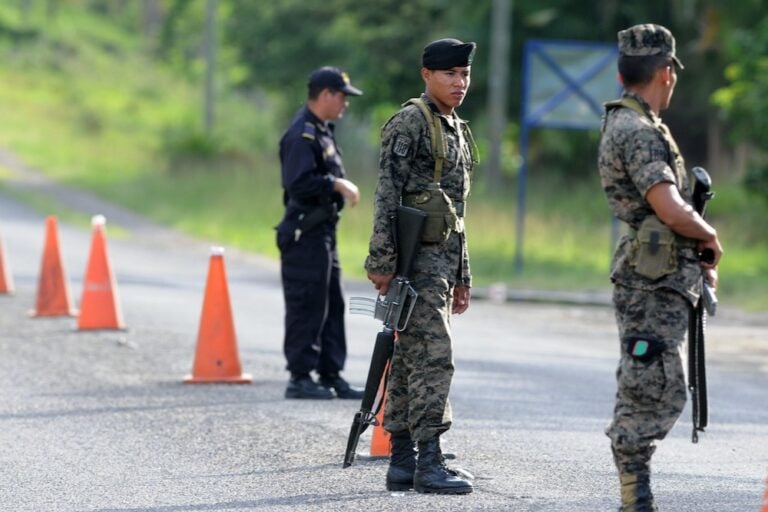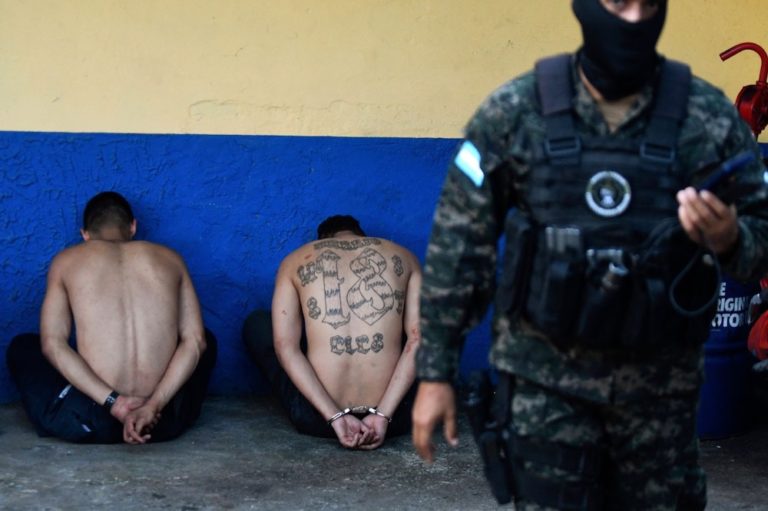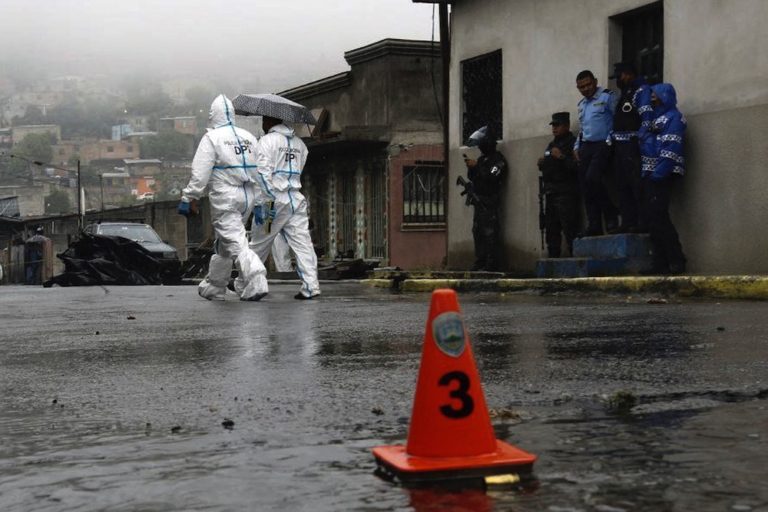IFEX-ALC reiterates its willingness to assist in any way possible so that the Honduran government can uphold its commitments and fully implement the recommendations.
(IFEX-ALC/IFEX) – 18 March 2011 – On 17 March 2011, the Honduran government formally adopted the Universal Periodic Review (UPR) report at the United Nations Human Rights Council session. The government reaffirmed its commitment to adopt the necessary measures and implement the recommendations presented by the participating countries during the UPR review session in November 2010. Most notably, Honduras accepted all of the recommendations linked to freedom of expression. This announcement comes on the heels of intense lobbying before, during and after the UPR, which included an intervention on 17 March, by the International Freedom of Exchange – Latin America and the Caribbean (IFEX-ALC), an alliance of 17 IFEX members who work in the region to promote and defend the right to free expression, and its partner organisation RIDH ( http://www.ridh.org ).
IFEX-ALC met with the Honduran delegation on 16 March at the United Nations Palace in Geneva. IFEX-ALC reiterates its willingness to assist in any way possible so that the Honduran government can uphold its commitments and fully implement the recommendations.
Even though Honduras recognises that journalists and social communicators are in a vulnerable situation right now and circumstances have not improved, these individuals, as well as human rights defenders, continue to come under attack and under threat. According to the data collected by the Comité por la Libre Expresión (C-Libre), the IFEX-ALC member based in Honduras ( http://www.clibre.info/ ), one journalist was killed each year from 2006 to 2008. This is the most extreme form of censorship. Subsequently, three journalists were killed between 1 January and 27 June 2009, while 10 were murdered in 2010.
Given the aforementioned, and in conjunction with the commitments the Honduran government pledged to uphold as part of the UPR process, we take note of the fact that:
1. The Honduran government is facing the serious challenge of implementing the precautionary measures put forth by the Inter-American Commission on Human Rights (IACHR). The police and the Public Prosecutor’s Office lack the adequate resources and support needed to fully commit to the implementation of these measures.
2. A law on media and community radio stations is pending approval, as there is still no consensus on the wording in the bill. The passing of the law is of extreme urgency as it would help address the legal status of community radio stations operating in Honduras and safeguard their well being.
3. The Honduran government has also faced enormous dificulties in ensuring that promised funds are allocated to the different prosecutor’s offices in charge of investigating journalists’ assassinations.
We therefore stress that Honduras must:
1. Adopt effective measures so that it can protect journalists, human rights defenders and social communicators. Whenever attacks occur within their jurisdictions, the authorities should carry out effective investigations to identify and sanction those responsible and ensure that no future attacks are committed.
2. Adopt all necessary measures so that the investigation and punishment of human rights violations that took place during the coup d’etat become an essential part of the national reconciliation process.
3. Decriminalise defamation, insult and libel by repealing all relevant articles in the Criminal Code.
4. Establish an independent regulatory body that oversees public transmissions under the Telecommunications Law. The allocation of frequencies should be carried out via a fair and transparent process, based on pre-established criteria that take into account the public interest and diversity.
5. Similarly, the law should stipulate that regulatory entities must adopt a plan for the allocation of radio frequencies to be divided among public, private and community-based radio stations. The government should also adopt certain measures to prevent media concentration.
6. Amend the current legislation so as to explicitly recognise and promote community-based media. Regulations and the licencing process should be adapted according to each media outlet’s specific circumstances so that community-based media are not forced to compete with the private sector for transmission and operating licences.


